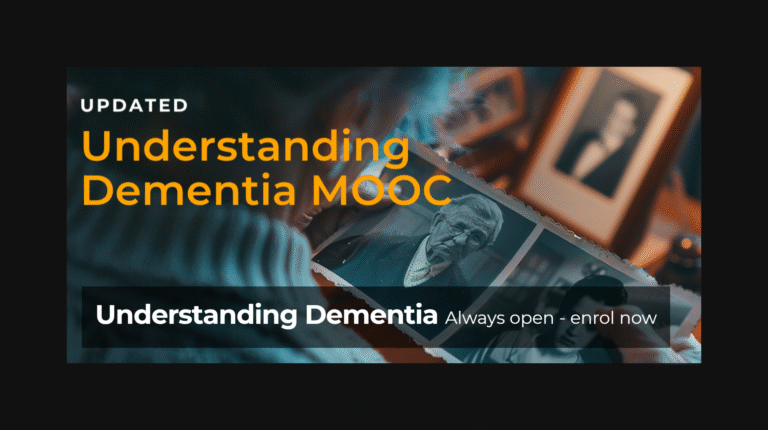Transitioning into a Care Partner
This week, in my series on insights from my doctoral research, which focused on personalizing learning for care partners of people living with dementia, I’m highlighting the transition from loved one to care partner.
For many, the role of a care partner begins long before they realize it. It starts subtly, a reminder here, an extra doctor’s appointment there, until one day, the relationship they’ve known for years shifts entirely. A spouse becomes a caretaker. An adult child becomes a lifeline. A friend and neighbor becomes a porter. And in that transformation, they step into a world of emotional, physical, and logistical challenges that few are prepared for.
Research highlights the deep and often overwhelming journey that care partners go through as they navigate this transition. It’s not just about managing medications or scheduling medical visits; it’s about redefining identity, renegotiating boundaries, and facing a new reality that can feel both isolating and deeply personal.
🔹 The Emotional Toll: Moving into the role of care partner can bring a profound sense of loss, grief, and even guilt. The relationship that once existed, whether as a spouse, child, or friend, undergoes an unavoidable change. Care partners often wrestle with the tension between duty and love, between wanting to preserve dignity and needing to step in for safety.
🔹 The Physical and Mental Load: Studies show that care partners experience high stress levels, fatigue, and financial strain. Daily responsibilities can be relentless, and many find themselves overwhelmed without adequate support.
🔹 Navigating Role Reversal: For adult children caring for aging parents, the shift from being cared for to providing care can feel unnatural and emotionally complex. For spouses, the challenge is different, balancing the love and companionship of a marriage with the new, sometimes clinical, caregiving responsibilities.
Despite these challenges, many care partners find strength in their new role. They develop resilience, form deeper connections, and often redefine love in ways they never expected.
But they can’t do it alone.
💡 How can we support care partners?
– Acknowledge their role and the emotional impact of the transition.
– Encourage self-care and mental health support.
– Advocate for workplace flexibility and policies that accommodate caregiving responsibilities.
– Create communities where care partners can share experiences and access resources.
Caregiving is an act of love, but also a profound transformation. Recognizing the weight of this shift and ensuring care partners are supported can make all the difference.
To those making this transition: you are seen. You are valued. And you are not alone.
Visit: https://www.alz.org/help-support/caregiving/stages-behaviors/early-stage
References:
https://doi.org/10.2147/SHTT.S42673
https://doi.org/10.1093/geront/gnr014
http://hdl.handle.net/10222/73501
Medical disclaimer: This article is for educational purposes only. It is not medical advice and does not replace care from your clinician. If you have a medical concern, contact your healthcare professional. If this is an emergency, call 911 (or your local emergency number).







